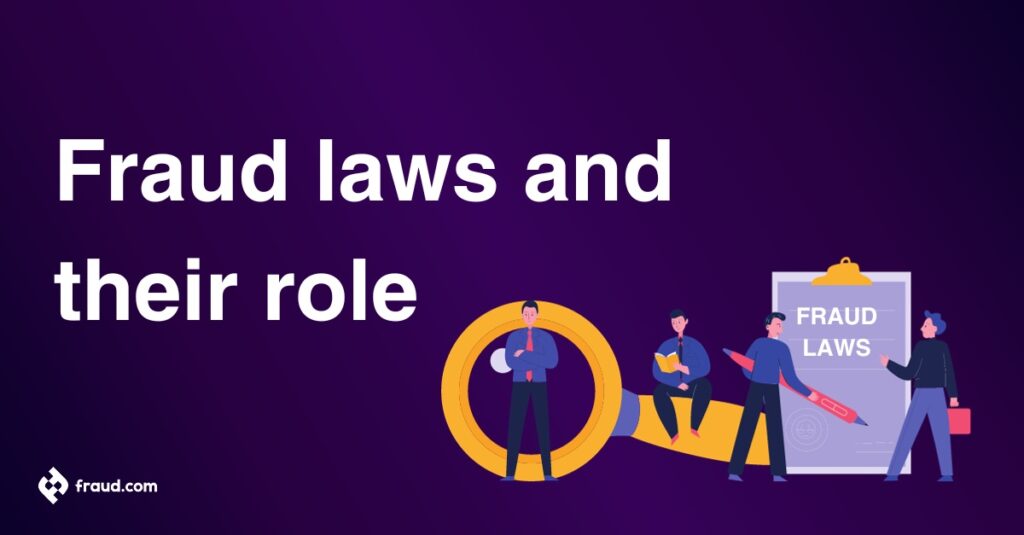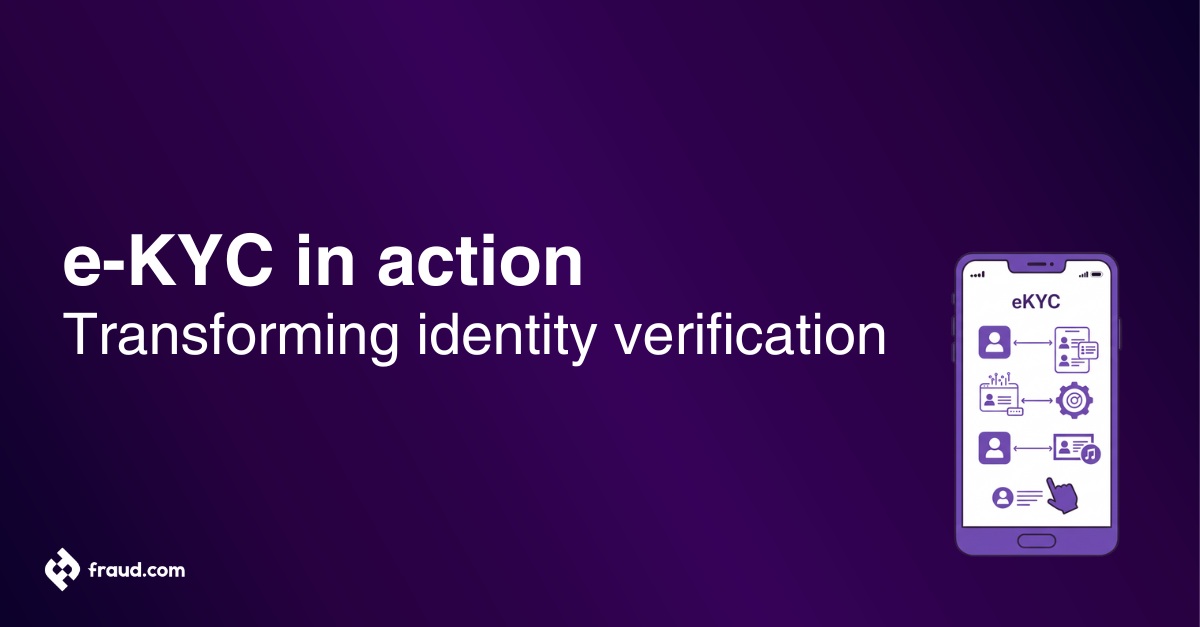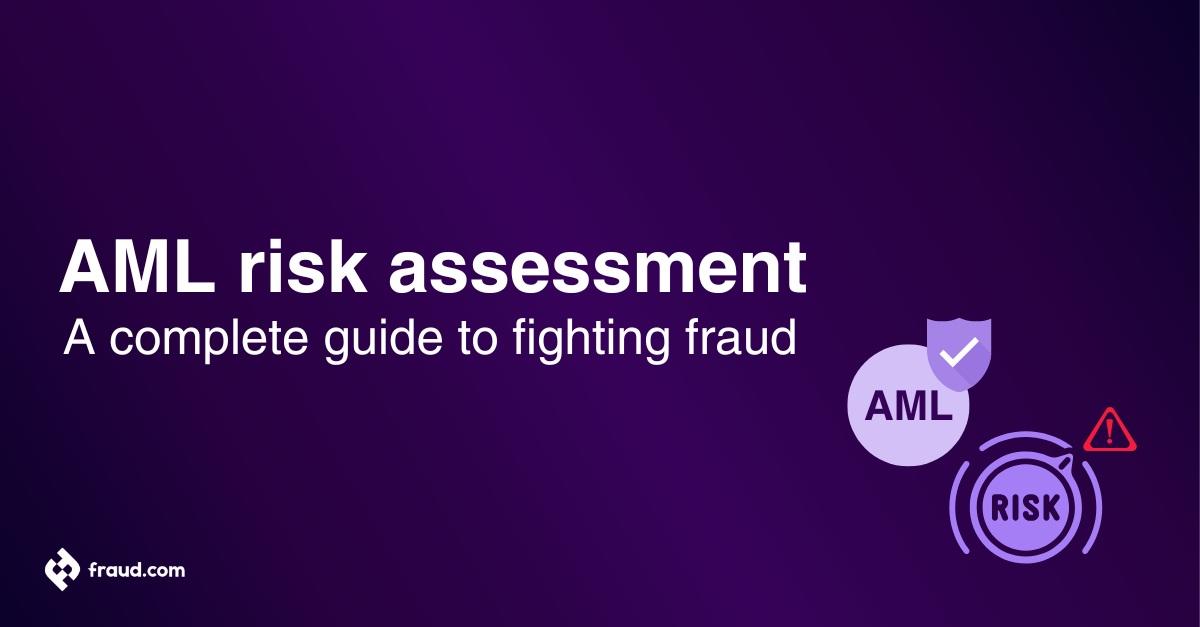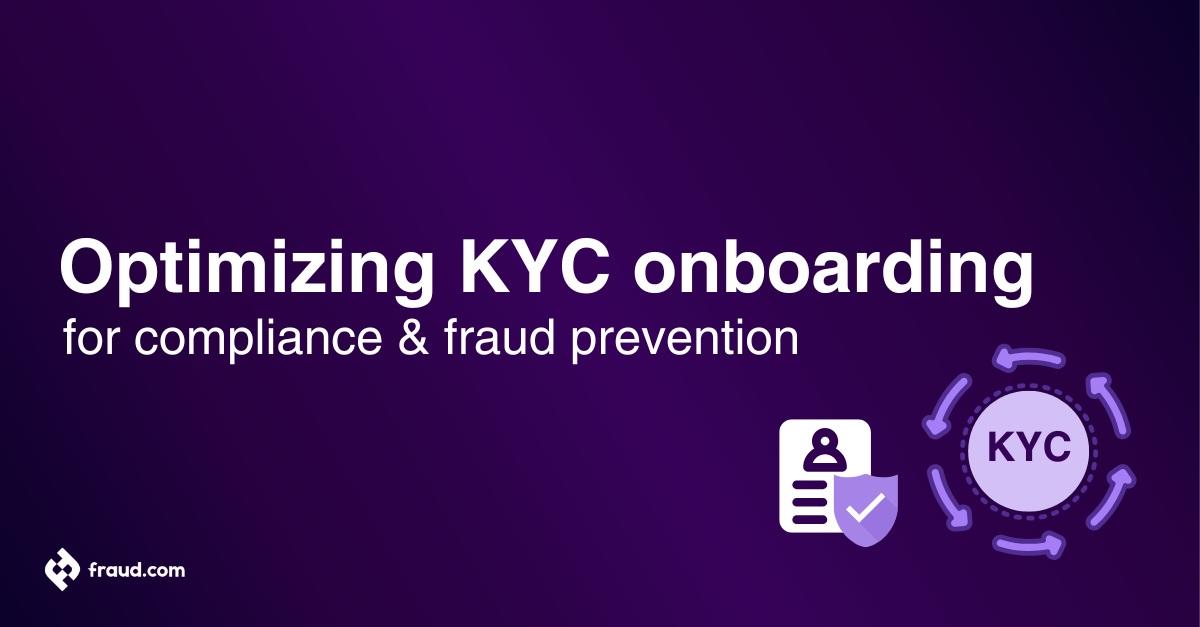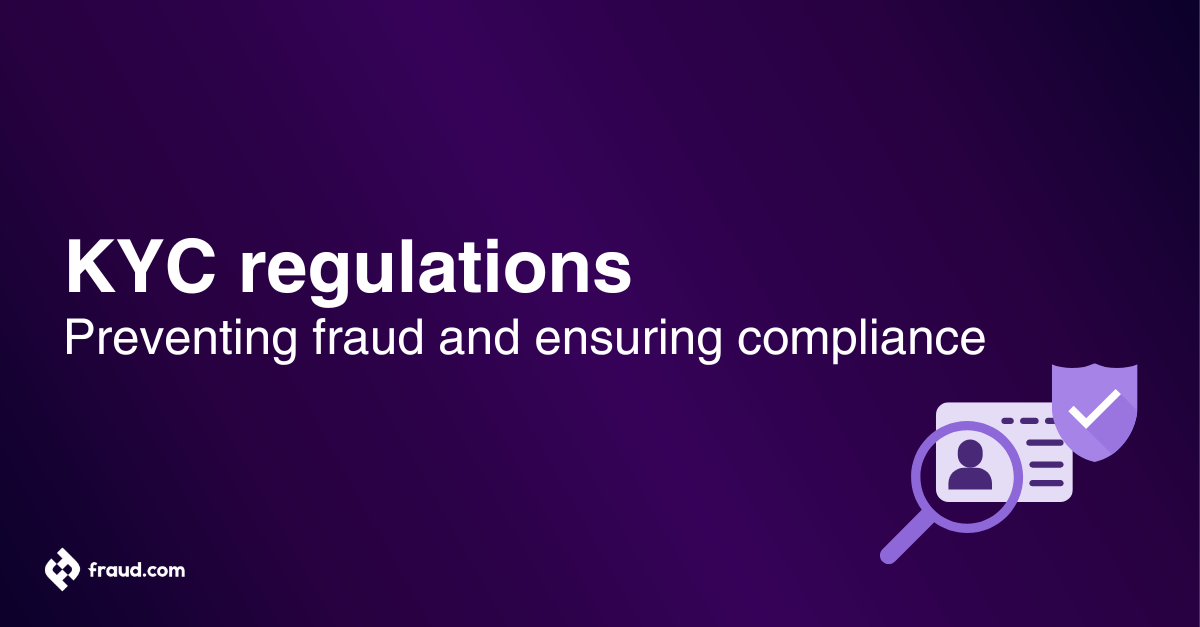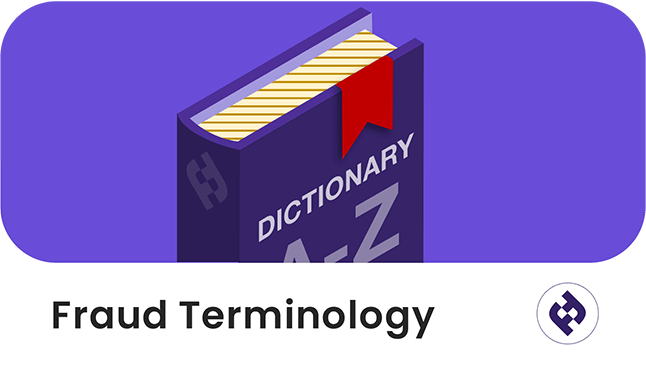Fraud, a criminal act involving deceitful practices for personal gain or to cause damage to another individual, has a domino effect on society at large. It not only disrupts the economic stability of the targeted party but also jeopardizes societal trust. Driven by the increasing wave of white-collar offences, fraud law regulations have surfaced as strongholds committed to maintaining balance and honesty.
In the United States, United Kingdom and beyond, fraud constitutes a significant portion of criminal offences. These illicit acts involve the use of misleading actions or false statements to exploit one party for the benefit of another. These actions, whether they’re a part of complex financial fraud such as bank fraud schemes or simpler scams, undermine the confidence of the public in institutions and amongst themselves. Fraud laws, therefore, serve as an essential deterrence tool, acting as a strong line of defence against the dangers of fraudulent activities.
They ensure that justice is served, helping to deter potential fraudsters while simultaneously restoring confidence in the system’s ability to protect and serve justice. Therefore, understanding the different facets of fraud law can equip individuals, businesses, and institutions with the knowledge they need to prevent becoming victims of fraud.
Table of Contents
ToggleWhat is fraud law?
Fraud law is a compartment of criminal law; its function is to regulate offences that involve deceptive activities with the intent to acquire something valuable, mislead another individual or entity, or cause loss. It defines and punishes fraudulent activities ranging from insurance and bank fraud to false statements, money laundering and more.
This legal domain covers a wide spectrum of criminal offences, encompassing an array of activities other than just fraud. Fraud law includes both criminal and civil causes of action designed to deter would-be fraudsters and address the victims’ losses. It regulates the different variations and mixtures that fraud can involve, and its primary component is the offender’s intention to deceive or mislead.
Since fraud can significantly impact victims, the law needs sufficient proof to confirm the fraud, and this process is often complex. Therefore, fraud law not only polices fraudulent activities but also provides legal recourse to victims for their restitution.
Foundations of fraud laws
- Protection of individuals, businesses, and economy: Fraud laws are in place to shield individuals, businesses, and the overall economy from deceitful practices that undermine trust and fairness.
- Deterrence and punishment: At their core, these laws aim to discourage and penalize dishonest behaviour by forbidding the intentional deception of others for financial gain or other advantages.
- Scope of activities: Fraud laws cover a wide range of activities, including false representations, concealment of material facts, and other acts intended to mislead.
- Rooted in common law principles: The foundations of fraud laws can be traced back to common law principles that have evolved over centuries, emphasizing the significance of honesty and integrity in contractual and business dealings.
- Statutory frameworks: As societies progressed, statutory frameworks were developed to codify and expand these principles, providing a legal basis for addressing various forms of fraudulent behaviour.
- Importance of trust: The foundations of fraud laws reflect the recognition that trust is essential for the functioning of economies and the smooth operation of markets.
- Clear rules against fraudulent activities: These laws contribute to maintaining trust and confidence in transactions, investments, and contractual relationships by establishing clear rules against fraudulent activities.
- Dynamic and responsive nature: Fraud laws are dynamic and responsive to evolving business practices and technological advancements, adapting to new challenges such as cyber fraud and identity theft.
- Reinforcement and refinement: As a result, the foundations of fraud laws continue to be reinforced and refined, striking a balance between promoting legitimate commerce and safeguarding against the corrosive effects of dishonesty on the social and economic fabric.
Evolution of fraud laws
Fraud laws have a long and established history, tracing their roots back to the ethical rules of ancient civilizations. These laws began with early rules like those of Hammurabi’s Code and Roman legal systems, indicating how important they’ve always been. Over time, these laws have evolved and adjusted to match the changing face of deceitful practices.
This journey has developed from basic laws to detailed and complex legal systems managed by organizations such as the United States Department of Justice. It’s a testament to the continued effort to fight fraud across different societies and periods.
At the core of fraud laws are essential principles that have stood the test of time and legal complexities. Trust, accountability, and justice are the cornerstones of these laws, guiding their use throughout legal evolution.
These principles are more than just guidance; they are the heart of fraud laws, promoting openness and fairness when dealing with deception. As protectors of honesty, fraud laws act as our guardians. They uphold key doctrines that not only explain their purpose but also strengthen the base of a just and fair legal structure.
Adapting to modern challenges
In a world marked by technological leaps and intricate financial landscapes, fraud laws have evolved to confront modern challenges. From cybercrime to sophisticated financial schemes, the adaptation of fraud laws reflects an ongoing commitment to preserving the integrity of transactions in an ever-changing environment. Explore how these laws have transformed to address the complexities of contemporary fraud and navigate the intricate web of deceptive practices in the digital age.
Benefits of fraud laws
The scope of fraud laws extends beyond punitive measures and deterrence. They are instrumental in fostering a fair, trust-centered environment across various walks of life. This section elaborates on the profound benefits that accrue from implementing and enforcing fraud laws.
- Maintain economic stability: Fraud laws help to preserve the economic stability of a country by deterring and punishing fraudulent activities which can disrupt financial markets.
- Safeguard consumers: These laws protect consumers from deceptive business practices, ensuring their trusting relationship with businesses and industries.
- Uphold ethical business practices: Fraud laws encourage businesses to maintain high standards of integrity and transparency.
- Protect personal rights: By preventing fraudulent activities, these laws help individuals safeguard their personal and financial integrity.
- Encourage trust in institutions: Fraud laws, by keeping institutions accountable, reinforce public trust in those entities.
- Deter potential fraudsters: The existence of stern legal repercussions acts as a strong deterrence for those considering fraudulent activities.
- Foster a fair marketplace: Fraud laws help to maintain a level playing field in the marketplace, preventing biased advantages due to deceptive practices.
- Uphold judicial efficiency: By clearly defining fraudulent activities and their consequences, fraud laws lend to a more effective and efficient judiciary process.
- Enhance international relations: Countries with strong fraud laws deter international fraud, thus fostering better international business relations.
- Promote innovation: By deterring fraudulent activities, fraud laws encourage genuine innovation and competition.
In essence, the benefits of fraud laws are layered, each contributing towards a more secure, fair, and progressive socio-economic landscape. Without these laws, we may find ourselves adrift in a high-risk environment, which is detrimental not just for individuals, but for society as a whole.
The legal arsenal against fraud
The legal fight against fraud is like a strong shield protecting trust in society. Fraud laws aren’t just rules; they are powerful tools designed to uncover, lessen, and punish dishonest actions. At their core is a key element: the intent to deceive or make false claims, which drives the pursuit of justice against those trying to take unfair advantage or cause harm.
Picture this: someone takes legal action, claiming that another person or business is involved in fraud. In the complex world of legal proceedings, the Department of Justice steps in, using the tools provided by fraud laws to carefully investigate the alleged fraudulent behaviour. The crucial point in any fraud case the intent to defraud is closely examined.
Once confirmed, the legal consequences kick in, following the rules in the fraud laws. From significant fines to imprisonment, these consequences act as a strong warning to those trying to exploit the system for personal gain.
Tools and mechanisms embedded in fraud laws
Fraud laws are not just legal principles but a powerful arsenal equipped with a variety of tools and mechanisms aimed at uncovering, mitigating, and punishing fraudulent behaviours. At their core is the key element: the intention to deceive or make a false representation in order to obtain an undue advantage or injure another party.
For instance, consider a situation where an aggrieved party files a lawsuit accusing an individual or entity of a fraudulent scheme. In such a scenario, the Department of Justice would use the provisions of fraud laws to probe into the alleged fraudulent conduct. It will ascertain whether the fraud charges stand against the cornerstone of any fraud case, the intention to defraud. If proven, criminal and civil legal consequences will follow as detailed in respective fraud laws, ranging from hefty fines to imprisonment.
The course of fraud law has been continually charted and recharted by landmark cases, which play a pivotal role in shaping the interpretation and application of these laws. They help fine-tune the existing laws to more adequately fit the evolving landscape of criminal fraud.
For instance, intricate bank fraud cases have spawned critical legal precedents. These precedents have steered legal interpretation towards a stricter side, resulting in the reinforcement of regulations and punishment severity. Landmark banking fraud cases have prompted lawmakers and jurists alike to build stronger defences in the form of robust regulatory provisions and severe penalties. It has ultimately intensified the deterrent aspect of fraud laws and the dedication of law enforcement to prove fraud creators wrong.
The changing landscape of fraud law
Due to the rapidly evolving nature of technology, the landscape of fraud law is also changing to keep pace. Traditional concepts of fraud are continually being stretched to accommodate an expanding domain of criminal offenses, particularly those unfolding in the digital realm.
Instances of criminal fraud have ventured beyond the tangible world and produced a new set of challenges. Fraud, identity theft, and online scams represent some of the modern forms of fraud. In response, the Department of Justice, along with other regulatory bodies, have extended the scope of fraud laws such as identity verification regulations to include these new-age crimes.
For instance, fraud laws now cover actions such as wrongfully accessing or stealing electronic data, deploying identity theft schemes or manipulating digital systems for personal gain. The propulsion of technology has compelled courts and lawmakers to reinterpret fraud laws in a bid to adapt to these new forms of fraud.
In doing so, they have made it clear that the crux of fraud law, i.e., making false statements and causing harm to another party, will persist, be it in the physical or digital world. As technology continues on its upward trajectory, so does the commitment of legal systems to ward off novel forms of fraud, ensuring the continued significance and relevance of fraud laws in society.
Fraud laws and consumer trust
Fraud laws serve as the consumers’ first line of defence against deceptive practices. They encapsulate a vast web of legal statutes, rules, and regulations specifically drafted to shield the consumer from illicit and misleading business acts. These laws offer a shield of trust that shields consumers against misrepresentation, false advertising, and other deceptive practices that attempt to manipulate the market for personal gain.
Understanding the key element of trust in any consumer-business relationship, fraud laws aim to promote transparency and integrity. They hold businesses accountable for their actions, fostering a culture of honesty and fair dealings. These laws, both criminal and civil, stand firm to protect the rights of consumers and maintain a level playing ground in the market.
To this end, fraud laws encompass several forms of criminal fraud such as banking and insurance fraud, more often associated with white-collar crimes. They ensure businesses do not misuse their consumers’ trust for unjust enrichment and deter any form of fraudulent behaviour with severe penalties including hefty fines and even imprisonment.
Apart from the direct protection that fraud laws offer consumers, they also have a wider, systemic role to play. By instilling a sense of security among consumers, they promote a healthier and more robust economic environment. This invariably leads to better business practices, improved balance of customer relations and fraud prevention, and an overall more prosperous economic condition.
But perhaps, the most substantial value of these laws comes into play when a consumer files a lawsuit against fraudulent entities. This legal backing not only enables consumers to seek justice but also serves as a deterrent for companies, discouraging them from engaging in fraudulent acts.
In a nutshell, fraud laws serve as a beacon of trust and confidence in the marketplace. They ensure the consumers’ relationship with businesses is embedded in honesty and accountability, thus fortifying the market dynamics. Therefore, it is not an overstatement to say that fraud laws protect not just individual consumers but also the well-being and integrity of the market as a whole.
Fraud laws in the digital age
As we journey through the digital era, the landscape of fraud is undergoing a significant shift. While online platforms offer unparalleled convenience, they’ve also given rise to new opportunities for criminal activities. Modern fraud now includes crimes like identity theft, phishing, and internet scams, making up a substantial portion of white-collar offences. This shift calls for an evolution of fraud laws to keep pace with the changing times.
Adapting to this new face of criminal activity, contemporary fraud laws are being updated and creatively interpreted to address tech-savvy offences. These laws now consider the intricacies of digital spaces, including the examination of digital footprints and the use of advanced AI tools to predict, detect, and verify fraudulent activities for the sake of justice.
In the fight against cybercrimes, the government, regulatory bodies, and legal firms are joining forces. They’re implementing strict online security measures, establishing responsible cyber behaviour guidelines, and raising awareness about potential threats in the digital realm. Informed internet usage has become a crucial element in preventing fraud.
Collaboration with technology companies is also key. These companies work closely with legislators to keep them informed about the latest technological developments and vulnerabilities that could be exploited by fraudsters.
Embracing technological solutions has made laws more adaptable, accepting digital evidence such as electronic records, IP traces, digital signatures, and emails as equivalent to traditional forms of evidence.
Moreover, government bodies, like the United States Department of Justice, cooperate with international law enforcement agencies to address fraud in the global digital space. This collaboration aims to deter criminals from exploiting jurisdictional loopholes, ensuring that cybercriminals face justice regardless of their location.
In conclusion, fraud laws in the digital age are a fascinating and evolving field that reflects the changing dynamics of our interconnected world. It’s encouraging to see proactive measures adopted by courts, legislative bodies, and enforcement agencies to uphold legal standards in this continually adapting digital landscape. With ongoing technological advances, we can anticipate further evolution in fraud laws to secure a safer cyber world for everyone.

